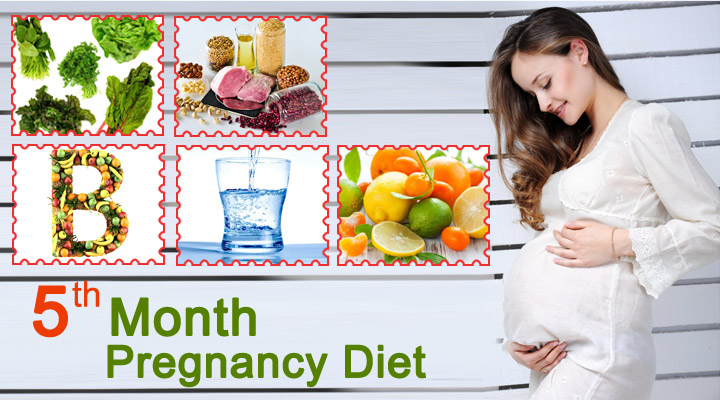For some women, the normal changes in their menstrual cycle can be a cause for concern. While not all women experience the same cycle phase changes, for others, these changes can be a source of stress and anxiety. We all know that our bodies respond to changing hormones in different ways.
For some women, hormonal changes during the menses may trigger unpleasant side effects such as headache, nausea and fatigue. Other women may have sensitivities to natural estrogen produced by the body during this time, which can manifest as hot flashes or flushes or vaginal dryness or cramps.
Fortunately, there are a number of female hormone replacement options that don’t put you at risk of side effects or interfere with your ability to feel your best! Read on for more information about how you can manage your cycle phases healthfully this pre-pregnancy and post-menstrual season.
What is a period?
A period is the flow of blood that occurs within the body every month. It is also referred to as a “period,” “the period,” or “the monthly flow.” It is the result of the release of a hormone called “estrogen” from the ovaries or the pituitary gland.
What do the Health tips for women with peri-menstrual (PMS) symptoms?
This is the tip of the iceberg! While we’ve highlighted some of the more common symptoms, it is important to remember that every woman’s cycle is different and may respond differently to a treatment. It is important to discuss your symptoms and wants/needs with your doctor before, during, and after your period to rule out any additional causes of your symptoms.
When should women start taking estrogen replacement?
The reason why we recommend starting low and slow is because of the risk of developing side effects and interpreting THE CYCLE CHANGES FOR WOMEN, PERI-MENSTRUATION. While it is ideal to enjoy your period while still in your pre-pregnancy body, it is also important to recognize that you will experience changes that may not be normal for you and your body.
To best manage these changes, it is recommended that you discuss your symptoms and expectations with your doctor. Your doctor can recommend a range of options to manage your symptoms and keep you healthy during this time. This may include natural progesterone, natural estrogens, synthetic estrogens, Anti-D, Lupron, and more.
How to take Care of Your Skin During Menstruation
Wash your face and spend a few minutes rinsing off to make sure there are no traces of makeup or deodorant. Exfoliate your skin with a mild cleanser twice a week to help prevent acne. A gentle face scrub is a perfect way to cleanse your skin, while exfoliating helps release toxins and impurities from your pores. Use a gentle moisturizer after cleansing to help keep your skin silky and hydrated. Use a face mask once a week to treat specific conditions like acne, skin cancer, or rosacea.
Use a body moisturizer after a shower or bath to keep your skin hydrated and prevent your skin from getting oily. Keep your nails short, clean, and healthy to prevent nail disorders and cuticles from becoming damaged. Exercise regularly to keep your body fit and healthy. Try to do at least 30 minutes of exercise daily if you can.
How to Stay Healthy This Period and Beyond!
Keep Your Body Clean: Bacteria on our skin and in our bodies produce toxins that build up over time and cause skin conditions such as acne and eczema. It’s best to keep these conditions at bay by washing your face and spending a few minutes exfoliating your body (a gentle scrub would be perfect for this). If you are experiencing flu-like symptoms, you may wish to consider taking an extended or reduced break from washing your face.
Wash your face as soon as you feel able, but avoid strenuous activities that may further tax your body and reduce your ability to stay clean. Limit Alcohol: Drinking alcohol in moderation is fine during pregnancy, but can lead to unwanted side effects in women during and after pregnancy. Drinking alcohol in any quantity during this time can lead to Chapel-well syndrome, which is characterized by a high incidence of congenital rubella syndrome and a higher than normal risk of contracting rubella (German Measles), a highly contagious, highly infectious (and potentially dangerous) preventable illness.
Eat a balanced diet: Healthy fats and protein are important during pregnancy, as well as post-pregnancy, to maintain an optimal body condition and protect your baby from developing disorders. Follow a healthy diet plan when following a pregnancy diet. One popular option is the Baby-Friendly Diet. For more information consult your doctor.
How to Survive Preexisting Menstruation with This Fun and Easy Formula
Why Is Getting Your Period So Important?
Even though you don’t want to miss your period, not getting one can be just as stressful as having it. To help reduce your risk of developing anxiety or depression during this sensitive time, it’s important to stay aware of your moods and feelings and take steps to prevent depression. – Mood swings and anxiety are common during this time. Recognizing and expressing your emotions during this time can help you feel more confident and happy again. – Cycling through your periods is a normal part of Timeline B, which is why it’s called “bi-menstrual.” – Your periods are a source of both physical and emotional healing. A healthy period is a time when you can feel balanced and confident.
Conclusion
Cycle phases are periods in a woman’s monthly cycle where her body is in either the “pregnant” or “lactating” state. While every woman’s cycle is different, there are a few things you can do to stay healthy during this time. To prevent potential side effects, it’s important to discuss your symptoms and expectations with your doctor. A diagnosis of pregnancy can be unpredictable, so it’s important to stay prepared by taking care of yourself. From basic hygiene to dietary changes, there are a number of ways you can stay healthy this period and beyond!
Hope you like the article. For any kind of information follow me on Hinglishblog.



